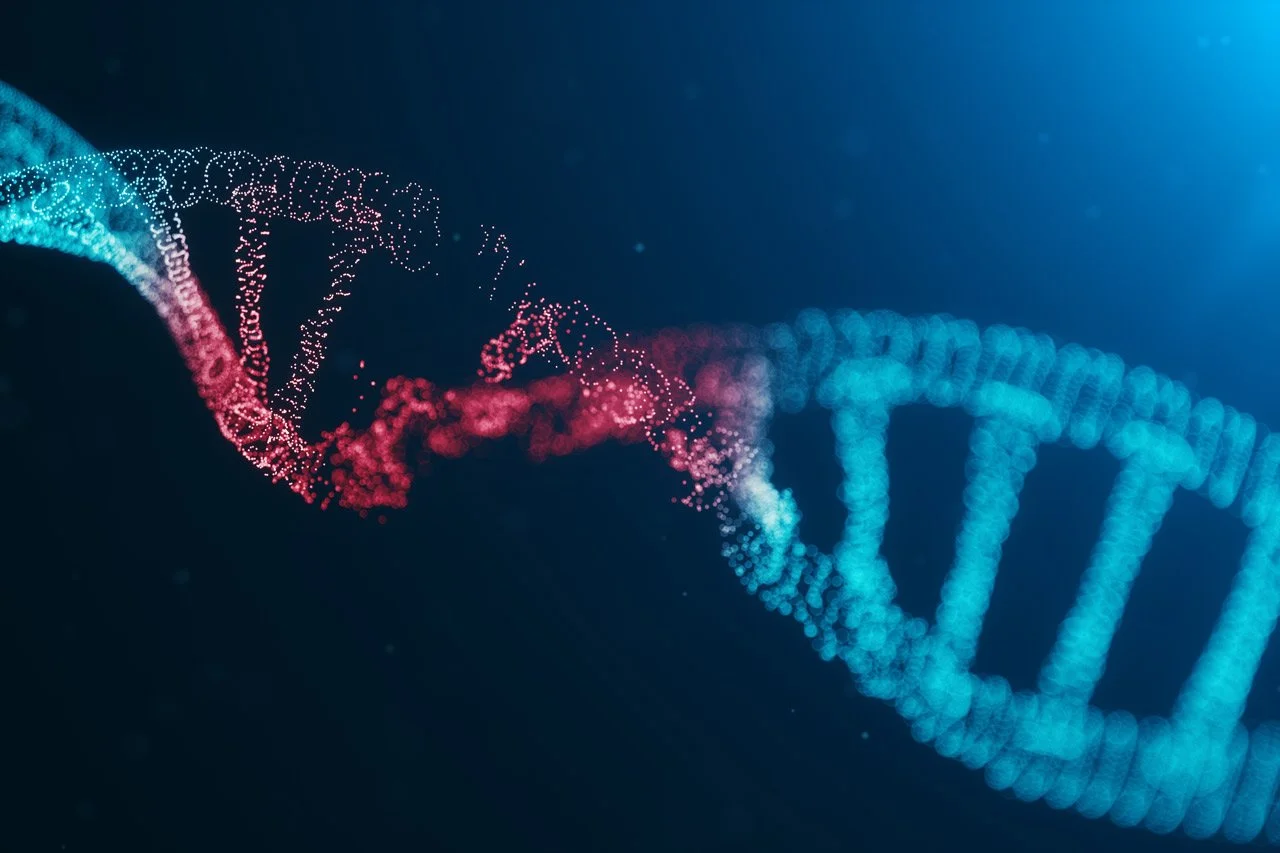Familial adenomatous polyposis (FAP, familial polyposis) is a hereditary disease that affects the colon and causes polyps to grow, unchecked, in the bowel’s lining. Most patients with FAP have inherited “a defect in the adenomatous polyposis coli (APC) gene,” according to Mayo Clinic.
Life With Familial Polyposis: Diagnosis, Symptoms, & Treatment
What Is Familial Polyposis? Everything You Need to Know About This Inherited Disorder
In the realm of colorectal disorders, few are as uncomfortable and persistent as familial polyposis. Let’s take a look at our most commonly asked question here at the Colorectal Clinic of Tampa Bay: what is familial polyposis? If you suspect that you might be suffering from this condition, don’t hesitate to reach out to our colorectal experts.
How Big Of A Role Does Genetics Play In Colorectal Cancer Risk?
The American Cancer Society estimates that about 1 in 21 men and 1 in 23 women in the United States will develop colorectal cancer at some point in their lifetime. Knowing your family’s history is an especially important factor in early detection for many cancers, especially colorectal cancer. When it comes to colorectal cancer, your genetics play a huge role in determining whether you might be at a higher risk of developing the condition. In this article, we will discuss the genetic predisposition for colon cancer, including how to know if you have a gene for hereditary colon cancer.




